In April, Donald Trump issued a presidential memorandum ordering senior members of his administration to investigate Miles Taylor, the author of an anonymous 2018 op-ed in the New York Times that had claimed a “quiet resistance” was taking hold among the highest levels of the first Trump administration. Trump’s memo — which suggested that Taylor had committed treason and revoked his security clearance — has been widely decried by the president’s critics as an abuse of executive power designed to silence his critics.
Now, Taylor — the former chief of staff at the Department of Homeland Security, who revealed himself as the op-ed’s author in 2020 — is speaking out about his experience as the target of the president’s order.
“It’s been completely destructive to our lives,” Taylor said in an interview with POLITICO Magazine, adding that he and his family have faced increased security threats because of Trump’s order. “I don’t want to go out there and say this order achieved the president’s objective of destroying my personal life, but the reality is that I had to step away from work because I couldn’t do the work that I did anymore with this blacklisting in Washington.”
On Tuesday, Taylor’s lawyers filed formal complaints with the inspectors general at the Departments of Justice and Homeland Security, requesting that they investigate whether Trump’s order violates existing law or constitutional protections. Taylor said he considers the requests a “test case” of whether independent government watchdogs have been co-opted by the current administration. “This is one of the last ways that there is to look into illegal activity within administration,” said Taylor, “so I suppose we’re going to see if the system works.”
Regardless of how his latest legal challenge shakes out, Taylor is still encouraging people to look at his experience as a cautionary tale: “This is what can happen if you wait too damn long to get out there and tell people the truth.”
The following has been edited for clarity and concision.
What was your initial reaction to the to the presidential memo?
I was surprised and not surprised. I was not surprised that the president was seeking revenge against me because I’d spoken out in the first administration. I expected that he would do that. In fact, I’ve been warning for almost seven years that that’s what he would do if he won a second term — that he would use the powers of the presidency to relentlessly go after his critics.
What surprised me was that so quickly into the administration, they made the jump into individualized investigative executive orders against named critics of the president. That’s pretty alarming, that the president now wields that pen as a literal sword against free speech.
In your 2018 op-ed in New York Times, you described the president as “amoral,” “unmoored from any first discernible first principle,” “impetuous, adversarial, petty” and “anti-democratic.” Did the order demonstrate anything about the president you didn’t already suspect?
It proved my point. I was surprised because of the lever that they chose. That’s a Rubicon that hasn’t been crossed before — a president specifically ordering an investigation. The farthest prediction that I had made about what Trump would do in a second term is that he would spin up a bunch of special counsels and topic areas, with a wink nod to the attorney general and those special counsels to go after his critics. It didn’t occur to me he would be so ham-fisted as to name a critic who hadn’t committed a crime, and to issue an order for an investigation without any criminal predicate. To me, that seemed extraordinary.
Had you begun to prepare legally for an action like this?
When he started to revoke people’s security clearances, we suspected it was possible we would be somewhere early in that list of people. A lot of those are being challenged in the courts right now, and given what’s happening with the law firms, it seems like a lot of those are going to be struck down. We expected to be in those batches, but we didn’t necessarily expect the president to try to open up a full-fledged investigation into us.
How has the revocation of your security clearance affected your day-to-day life?
The honest answer is, I really can’t talk about it.
The memo also revoked the security clearances of people associated with you — for instance, people at the University of Pennsylvania, where you used to work. Can you talk about that?
I mean, how else can you look at that, other than as a naked act of retribution? In that order, the president bounces all over the place: I’m a critic of his, I’m a leaker, or maybe I’m a spy, and let’s take away security clearances at this university that I was an adjunct part-time lecturer for in the past. That’s clearly just punitive and meant to intimidate and send a signal to folks that if they speak out — even if they’re a layer removed from the person — they, too, could be punished in ways that could totally upend their lives.
Folks don’t understand that there are lot of people in the national security community whose job, paycheck and ability to feed their family is dependent on their ability to access sensitive information. But because someone might be at a university that I once taught at, they’ll potentially have their clearance revoked, which would upend their lives. That’s insane, and it has nothing to do with protecting the country. It has everything to do with sending a chilling effect on free speech.
How else has the order affected your life?
It’s been completely destructive to our lives. I think that folks don’t want to admit these things when they happen, because it’s humiliating. I don’t want to go out there and say this order achieved the president’s objective of destroying my personal life, but the reality is that I had to step away from work because I couldn’t do the work that I did anymore with this blacklisting in Washington.
My wife, who’s a stay-at-home mom with our baby, had to return to work because we need income to be able to pay for a legal defense and to be able to keep our house. We’ve had friends and family who were targeted in the aftermath. A friend who was a senior official at the Department of Homeland Security was fired because the White House found a picture of him on Instagram at my wedding. And of course we faced sort of renewed security threats.
The president’s policies and actions have affected the lives of a lot of people — American citizens and other people living in the U.S. legally — who don’t have the public platform or the political networks that you have. Does your experience illustrate something uniquely alarming about the direction of the second Trump administration, or is it part of a broader effort to intimidate critics and punish constituencies that don’t align with him?
This is now a guided missile for the President to weaponize his powers against individuals, just like the orders we saw blacklisting major law firms, blacklisting major universities and other institutions. This is the scalpel they’ll use to ruin the lives of individuals the president is opposed to. That doesn’t necessarily mean it’s going to be all high-profile critics of the president. It could be anyone — someone who gets in the way of the motorcade by accident, a cab driver who says the wrong thing to a Trump official. There’s literally no limit to where the president could take this. That’s really, really scary.
I would say that there are few people who are probably better prepared than me, and very few people who are going to have access to the level of support that I’ve had since this happened. If you’re number 100 on the list of individuals Trump goes and orders an investigation into, you’re probably going to have a tough time finding the right law firm, standing up a legal defense fund, getting folks out there to support you. That’s why these cases work, because they don’t really have to do it to hundreds of people. At first, they need to do it a couple of folks, make their lives awful and then it’s effective. It sends the message: Don’t cross the president or this administration, or you could be on the receiving end of one of these radioactive pieces of paper.
The memo suggested, among other things, that you had committed treason. How do you respond to that allegation?
The president sees criticism as subversive. I’ve always taken a different view. There’s a great quote from Teddy Roosevelt, where he says that not only is it morally wrong and servile to say you can’t criticize the president, but it’s actually morally treasonous not to criticize the president if he or she is deserving of criticism. I take that view.
I think the president calling this treason from the get-go is probably the most revealing thing about his intentions here, which is not to protect national security, but silence critics. After the original op-ed came out in 2018, the first thing he tweeted was a seven-letter response — “TREASON?”. He ordered the New York Times to hand me over and the Justice Department to open an investigation. There was no investigation, and there was no handing over. Why? Because I engaged in criticism of the president, and criticism is not classified in America.
You lied to the press about your role in authoring that that op-ed back in 2018. You were asked directly if you had authored it, and you denied it. Why should Americans believe your warnings about Trump now?
I used the device of anonymity so people would pay attention to the message and not the messenger. I said very clearly at the time that if asked directly if I was “Anonymous,” I would deny it.
Why did I do that? I didn’t use the device of anonymity because I was scared to associate my name with my criticisms of the president. I used it because I’m a student of history, and I saw that when the Founding Fathers used the same device, it worked. Specifically, when the founders were trying to rally support for the U.S. Constitution, they wrote anonymous essays under the pseudonym Publius. They didn’t do it because they were scared — they did it because they wanted to create a spectacle for people to focus on a very important message. And I did the same thing.
They were also fomenting a revolution of a sort. Is that what you’re trying to do?
I’m not comparing myself to the Founders. What I am saying is that specific tactic they used got attention, and I got people to start paying attention and talking about how President Trump’s own lieutenants didn’t think he was fit for office. I wasn’t one of his immediate lieutenants, and I wasn’t the cabinet secretary, but members of his own cabinet were saying, “Maybe this is getting so bad, we need to eject him with the 25th Amendment.” To me, that was pretty important for a voter to know.
That’s also why pledged I would come forward before the 2020 election, because I did think it was very important to come out in my own name — not when it was safe after the election, but beforehand. But that meant having to tell a couple journalists, “No, I’m not ‘Anonymous.’” Journalist who I told I that I was not anonymous and who got it right — I later apologized and said, “I hope you understand why I had to do what I had to.”
Do you think your decision to be anonymous back then undermines your credibility now?
No, I don’t.
You’re taking some legal action now to push back against the investigation that the president has ordered. What are you hoping to accomplish?
I hope we will make it harder for any president to order a revenge investigation against a private American citizen. A lot of people told me that I shouldn’t respond to this — I should just lay low and let it blow over. But when it blows up your life before you’ve been charged with anything, then it’s clear that this isn’t something that’s just symbolic and will blow over. This could destroy a lot of people’s lives if the president starts doing this to more people.
So we’re calling on the inspector generals of the Department of Justice and Homeland Security, which are supposed to be independent watchdogs, to look into whether there are people in the administration actively carrying out these orders. Legal scholars have said they’re probably illegal and unconstitutional, and therefore anyone engaged in carrying them out might be engaged in illegal activity. That would normally be the thing that inspectors general step in to review.
Do you believe that they’re still independent in a meaningful sense?
I have no reason to think that they’re not. I suppose this is a test case to see whether those IGs will be able to go do their jobs, or whether they’ve been co-opted. I don’t know them personally, and I suspect they’re good public servants who want to do their jobs, but this is one of the last ways that there is to look into illegal activity within an administration. So I suppose we’re going to see if the system works.
What recourse is available to you if it doesn’t?
My lawyers are looking at a lot of different options. For a sense of the direction it could go, you can look at what other institutions have done in response to similar executive orders from the president — many of which have been shot down in the past few weeks by the courts. So we are actively looking at other legal avenues, but we wanted to take the first appropriate step here.
During the first Trump administration, you worked at DHS, which is now playing a very prominent role in enforcing Trump’s immigration policy and executing his plans for mass deportation. What do you make of the way Trump is using DHS now?
I think it’s just the beginning. The deportation piece is — it’s a very fraught issue. At the end of the day, presidents from both parties have deported people who were here unlawfully. I think the difference is that the Trump administration appears to be doing it very retributively and without any consideration of humanitarian pathways to citizenship and existing humanitarian protections.
My even bigger worry is about the president turning the Department of Homeland Security into a much bigger political weapon beyond immigration. After 9/11, we built a very sophisticated counterterrorism apparatus in the Department of Homeland Security, one that in the wrong hands could be abused and turned into a domestic counterterrorism apparatus to target political enemies. We are seeing little indications of that — border agents going through the pocket litter of political critics, for instance. I’m not saying that DHS is engaged in some sweeping action to go after Trump’s critics, but if Donald Trump has taken the actions that he’s taken against me and [former director of the Cybersecurity and Infrastructure Agency] Chris Krebs, it’s not very far of a logically leap for him to use DHS much more aggressively to punish his foes and reward his allies.
Critics of DHS, on both on the left and the right, have raised the possibility of abuse of its security apparatus from the creation of the department. Now that you find yourself on the other side of that abuse in some respect, does it make you reconsider the work you did with the department at all?
I don’t think those two things are tied together. In my entire tenure at DHS, I never saw the weaponization of its authorities to intentionally punish political critics. To me, that is extraordinary. It would be like us comparing oranges and refrigerators.
But do you think that previous administrations took the necessary steps to prevent those types of abuse from happening? Your concern is not novel at all — it was articulated at the founding of the department.
No, not nearly enough was done to prevent abuse. There were a lot of different proposals over the past 20 years of ways to further insulate DHS from political pressure — from putting in place longer term limits for senior officials to strengthening IGs. Those have just totally gone by the wayside, and now we may be on the cusp of seeing the consequences of that failure.
The “resistance” that you proclaimed in your 2018 op-ed failed to materialize, and subsequent efforts to mobilize a broad-based anti-Trump resistance have failed to meaningly constrain him and his administration. Are you rethinking your own approach to resistance?
First, I would say the term resistance was totally misunderstood. I didn’t get to choose that headline for the New York Times op-ed, but I probably wouldn’t have put “resistance” in the headline. What I was talking about was not people defying the lawful orders of the commander-in-chief. I was talking about a group of people actively advising the president and the administration not to do things that were illegal. So if that’s resistance, any American should want resistance to always be around the president. The Oval Office should not be an echo chamber.
However, I would say that, as evidenced by what we’re experiencing now, our efforts failed catastrophically. Not only did Donald Trump return to office, but he’s returned to office and put out a slew of things that are likely unlawful and unconstitutional — according to the courts, not to me.
Why did it fail?
I’m going to give you an answer that may seem deeply ironic — and that is anonymity. One of the reasons that I ultimately unmasked myself is that I think anonymity is of the biggest threats to our democracy. In my former party, the Republican Party, all the way up to the highest levels, senior officials were not just disgusted by Trump but really thought he was the wrong pick to be president the United States. But the vast majority of them remained anonymous — they didn’t speak up — and as a consequence, he won office again. But he also has a pretty good radar for dissenters, and so he’s systematically eliminated or pushed most of those dissenters out of the Republican Party. And that’s why I think we’ve wound up back with Donald Trump.
So again, that’s why I think anonymity is a huge threat to democracy. After I unmasked myself, I spent a lot of time going around and saying, “We really need to go own our words.” Because if we don’t, then we will watch democracy just atrophy.
You said earlier that you didn’t think your decision to be anonymous has undermined your credibility, but now you’re saying that anonymity was the thing that that undercut the resistance. If it was such an impediment to the strategic success of the anti-Trump movement, why do you think it hasn’t undermined you in some way?
I’m talking about two separate things. In one case, I’m talking about the device of not attaching your name to something as a way to draw attention to a very serious issue. I would say there are contexts in which anonymity is very, very important — we allow whistleblowers in our democracy to make claims anonymously and to file them and to protect their identities. I could have chosen the route to do that and to protect my family and life and everything from attack, but I felt like it was really important to take that mask off and have that conversation. My point about broader anonymity is that the general fear of getting canceled — whether it’s from the left or the right — is keeping folks from saying that something is wrong. That is why I had decided from the get-go that I will be anonymous to make sure people pay attention to this message, but I also have to take this mask off.
I totally understand if people criticize that, judge it and think it was a stupid approach. I totally get it. But I also knew that at that time, if I had come out and said how serious the situation was in the Trump administration under my own name, it would have been a half-day news story. Donald Trump would have swatted it down, made it all about me and people would have moved on. But we’re in a very different situation now. I think that in some ways, my experience was a cautionary tale: This is what can happen if you wait too damn long to get out there and tell people the truth.
.png)

![[LIVE 6/6, 2:30PM ET] Forum Set to Expose CCP’s Infiltration, Manipulation of US Institutions](https://img.theepochtimes.com/assets/uploads/2023/07/19/id5408014-EpochImages-6582280430-1080x720.jpg)

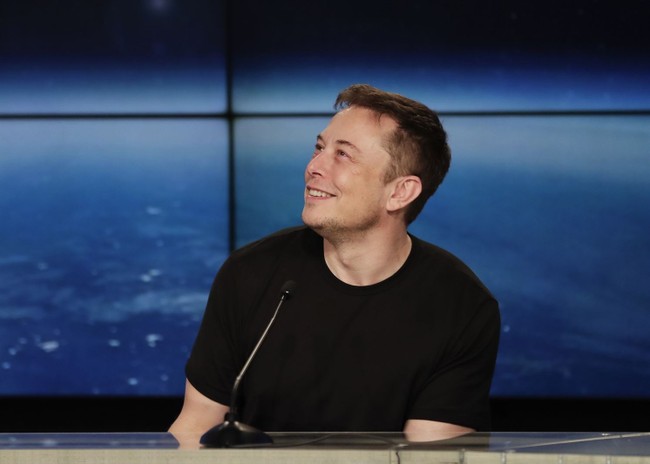
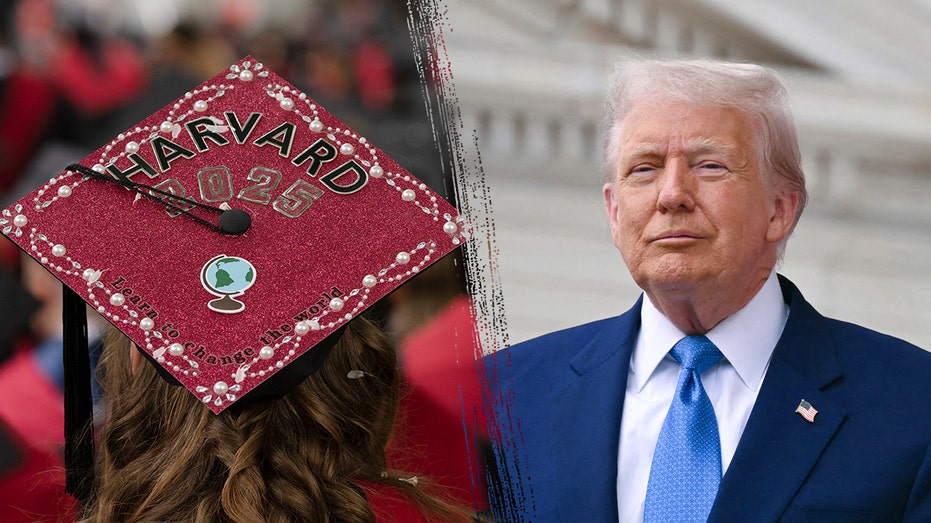
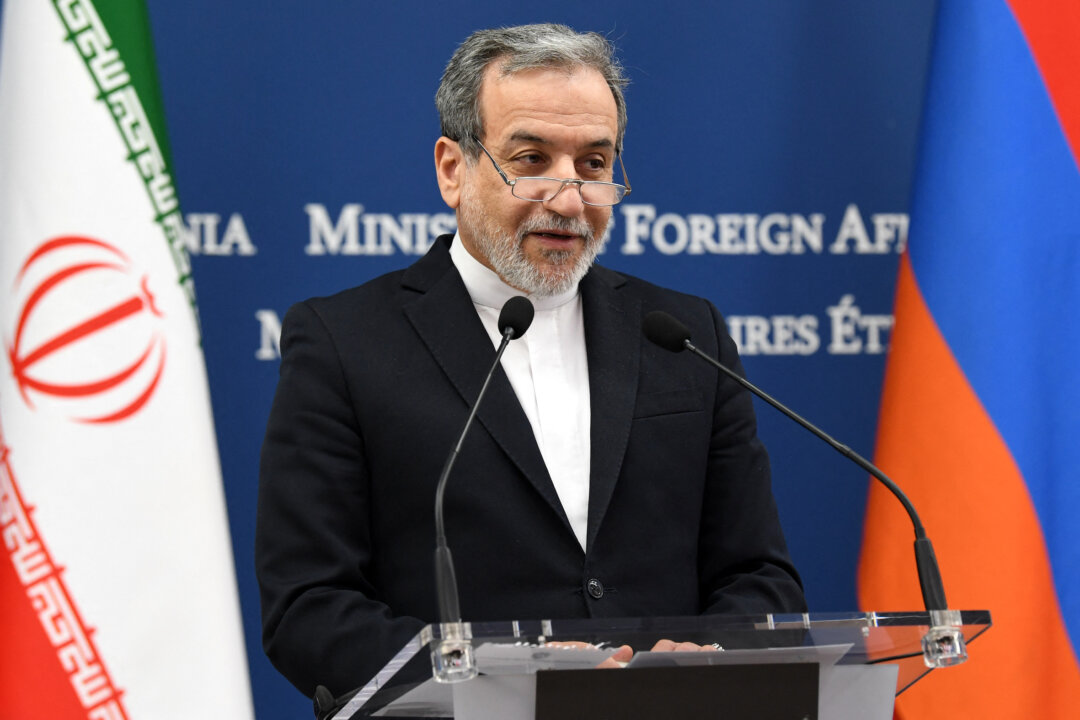
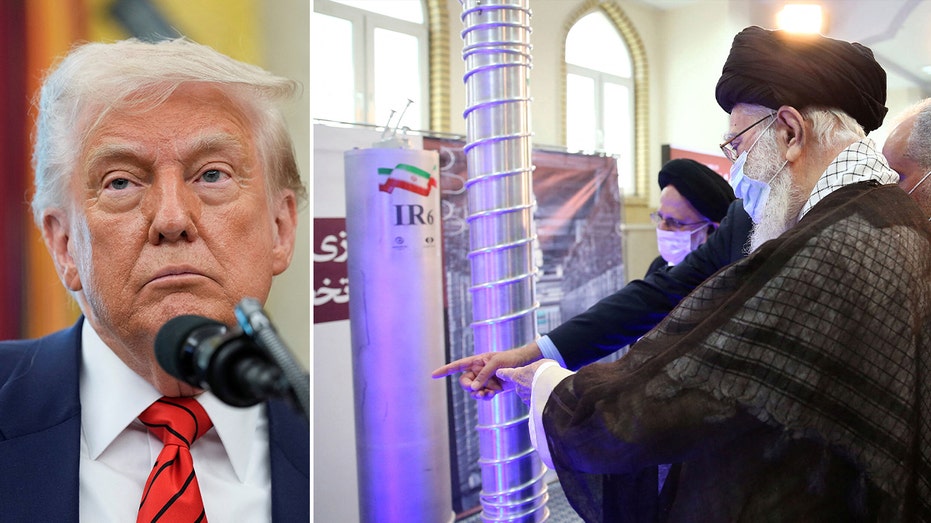



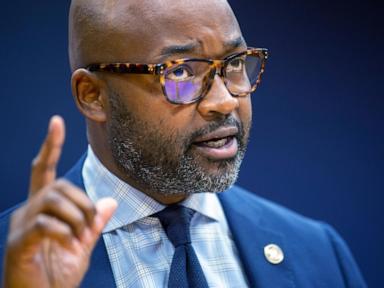


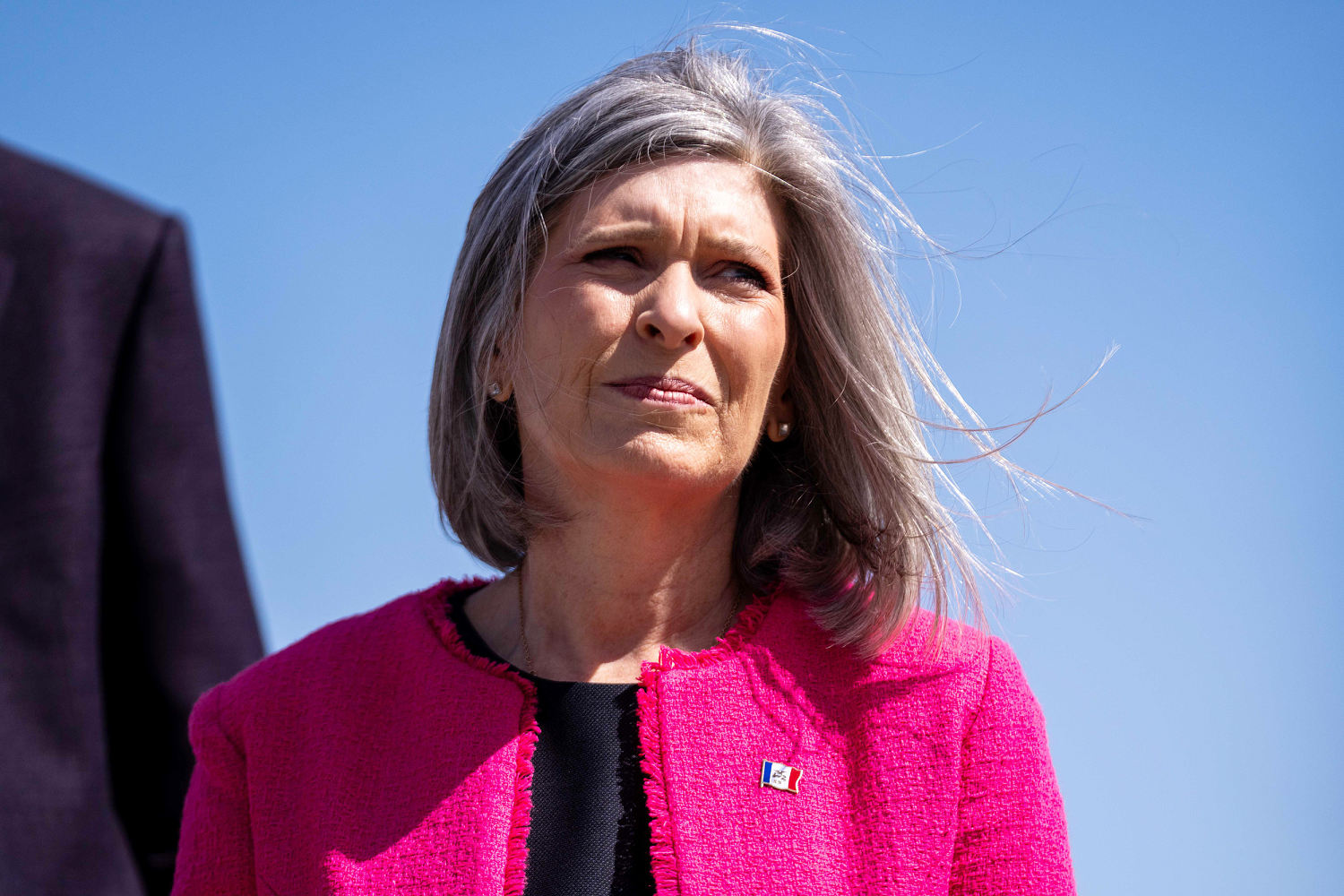

 English (US)
English (US)